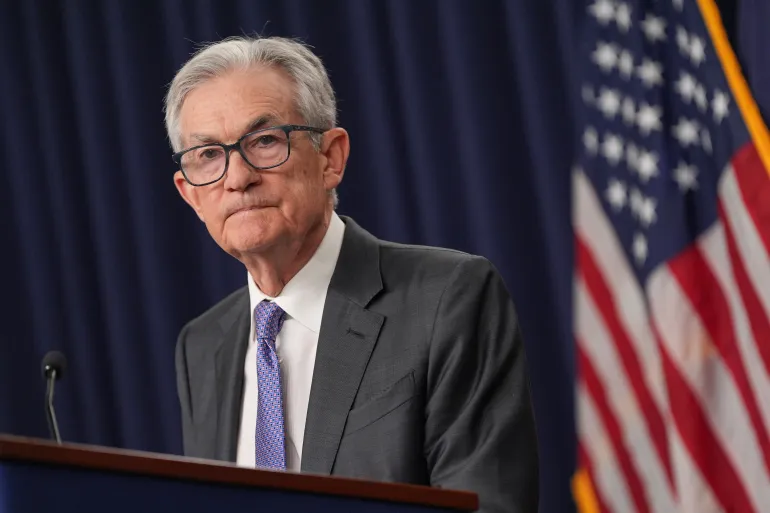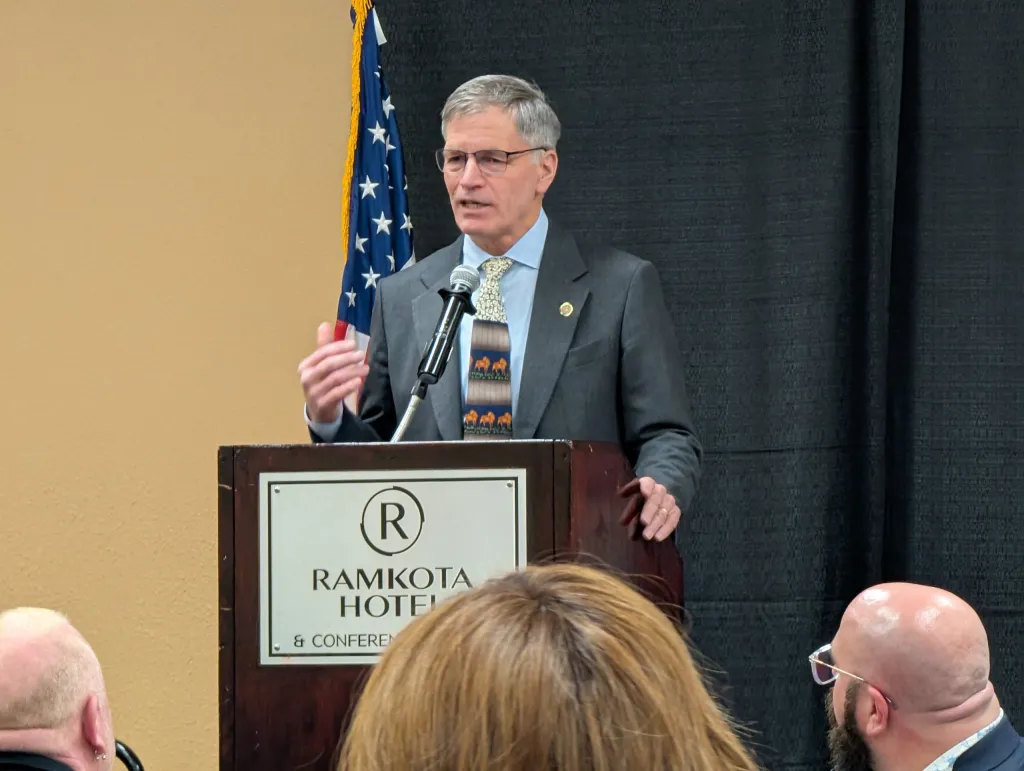South Korea is aiming for a comprehensive trade agreement with the United States after a last-minute phone call between President Donald Trump and Acting President Han Duck-soo raised hopes of easing the impact of recent US tariffs on the export-driven nation, Bloomberg reports.
Industry Minister Ahn Duk-geun informed lawmakers on Wednesday that Trump and Han agreed to have their top commerce officials handle detailed negotiations. The call occurred hours after the new US tariffs took effect, imposing a 25% duty on South Korean exports, among the highest levied on a US security ally.
Trump described the chances of a trade deal with South Korea as “looking good” after the call, which included discussions on the US trade deficit, shipbuilding cooperation, the Alaska pipeline project, and defense cost sharing.
Ahn declined to provide specifics on the ongoing discussions but emphasized that Seoul’s strategy is to address the trade imbalance through a broad agreement encompassing cooperation across various sectors.
South Korea is the US’s sixth-largest trading partner, but its trade surplus with the US surged approximately 25% in 2024 to about $55.7 billion, drawing scrutiny from the Trump administration.
Ahn identified potential shipbuilding cooperation as a key bargaining chip for South Korea, while ruling out any retaliatory measures, which he characterized as “self-harming.” The minister plans to visit the US again after Trade Minister Cheong Inkyo returns from Washington.
The phone call follows the imposition of the 25% tariff, prompting the acting South Korean leadership to enter crisis mode and dispatch its trade minister to the US to negotiate a lower rate. South Korean authorities had previously struggled to establish direct contact with Trump amid the political crisis triggered by former President Yoon Suk Yeol’s martial law decree.
National Economic Council Director Kevin Hassett told Fox News that President Trump is prioritizing tariff negotiations with Japan and South Korea amid a “massive number” of requests for talks from other countries.
Despite the optimism surrounding trade talks, South Korean financial markets have been under pressure. The won briefly fell to its lowest level since the financial crisis, and the benchmark share index has declined by 20% from its July peak, signaling entry into a bear market.










The latest news in your social feeds
Subscribe to our social media platforms to stay tuned